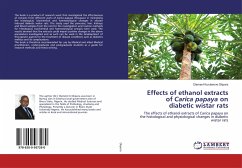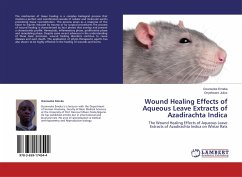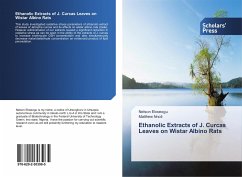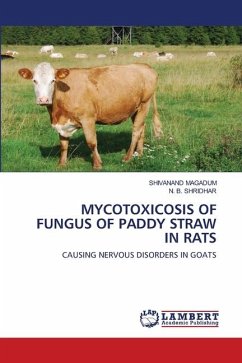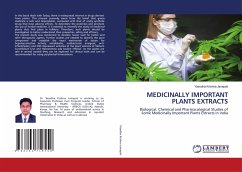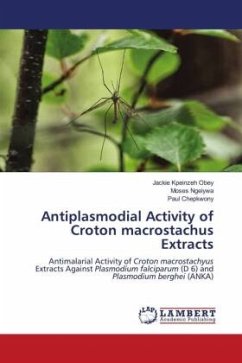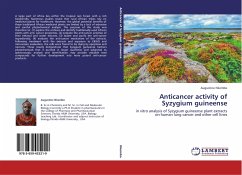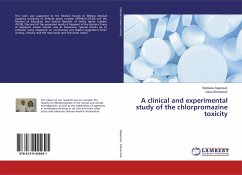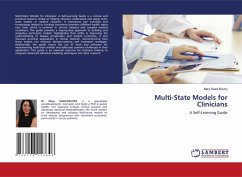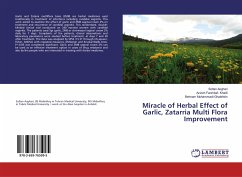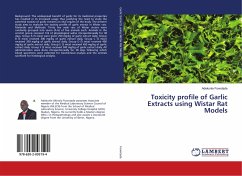
Toxicity profile of Garlic Extracts using Wistar Rat Models
Versandkostenfrei!
Versandfertig in 6-10 Tagen
33,99 €
inkl. MwSt.

PAYBACK Punkte
17 °P sammeln!
Background: The widespread benefit of garlic for its medicinal properties has resulted in its increased usage thus justifying the need to study the potential toxicity of garlic extracts on vital organs of the body. The present study aims to evaluate the toxicity profile of garlic extract in Wistar rats. Materials and Methods: Thirty five male rats of Wistar strains were randomly grouped into seven (A-G) of five animals each. Animals in the control group received 1ml of physiological saline intraperitoneally for 38 days. Group A (5 mice) were given 250 mg/kg of garlic extract daily. Group B (5 ...
Background: The widespread benefit of garlic for its medicinal properties has resulted in its increased usage thus justifying the need to study the potential toxicity of garlic extracts on vital organs of the body. The present study aims to evaluate the toxicity profile of garlic extract in Wistar rats. Materials and Methods: Thirty five male rats of Wistar strains were randomly grouped into seven (A-G) of five animals each. Animals in the control group received 1ml of physiological saline intraperitoneally for 38 days. Group A (5 mice) were given 250 mg/kg of garlic extract daily. Group B (5 mice) received 300 mg/kg of garlic extract daily, Group C (5 mice) received 350 mg/kg of garlic extract daily, Group D (5 mice) received 400 mg/kg of garlic extract daily. Group E (5 mice) received 450 mg/kg of garlic extract daily. Group F (5 mice) received 500 mg/kg of garlic extract daily. All administration were done intraperitoneally for 38 days following which blood specimens were collected for biochemical analysis and the animals sacrificed for histological analysis.



